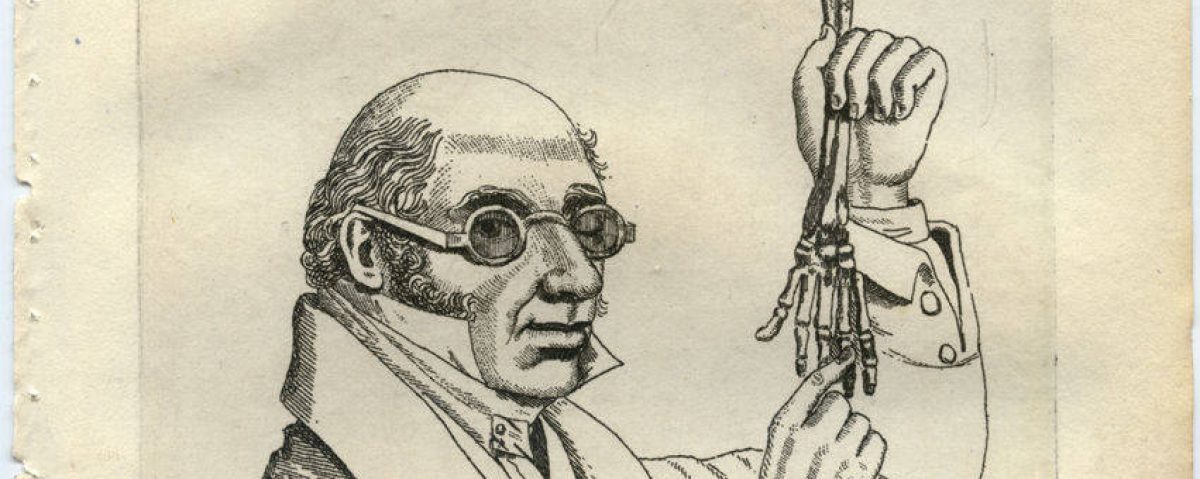Donny Lessing, TJ Fitzpatrick, Nick Gamba
Professor Randall Cream
WRT 120
29 September 2019
Regaining student power
In “The ‘Banking’ Concept of Education” by Paulo Freire, Freire points out the disconnect that we commonly see in today’s learning systems between the teachers and the students. Education is a complex system that is in a general form when most students need a more hands on and helpful approach. We will be discussing how students will take their own education into their hands, by forms of organization and a sense of togetherness needed for change. Students should use the power they have to form an education system by the students for the students.
Friere often talks about how education is not in the hands of the students. The education system has a set plan on what is taught, and the students have no say. Students are no longer learning. They listen and memorize. “Education thus becomes an act of depositing, in which the students are the depositories and the teacher is the depositor. Instead of communicating, the teacher issues communiqués and makes deposits which the students patiently receive, memorize, and repeat,” (Freire 1). Here, at West Chester I often hear other freshman students talk about how they feel they are not learning in there classes. They aren’t interested in most of the general education classes that we are forced to take and pass. They go to class, take detailed notes and when it comes time to take exams, they reread their notes and memorize the content for the exam. The second the students hand in that exam, 90% of that knowledge is forgotten. This is ultimately useless. In college, we are here to learn about what we want our career to be. Is it necessary to take a class that does not interest us, thus making us cram just before the exam in order to pass that exam? It is necessary to have some guidelines when it comes to taking classes, but if you are majoring in math or literature, taking a science gen ed should not be necessary. As students we can stand up for what we believe in and force the board to rewrite the rules. We are here at West Chester for ourselves, not anybody else, so shouldn’t what we learn but our decision?
West Chester University has a variety of classes that are available for students to take in a semester. The First Year Experience class has become a required class for all incoming freshman starting this academic year. Many of the students taking the class do not like the way the professors are teaching and the assignments that are given. “The capability of banking education to minimize or annul the students’ creative power and to stimulate their credulity serves the interests of the oppressors, who care neither to have the world revealed nor to see it transformed,” (Freire 2). The content that is covered during the lengthy class can be seen as pointless to the students. The assignments that are due at the end of the week, that a majority of the time do not relate to the class, might also be considered useless. Having the professors deposit useless knowledge to the students does not contribute to their ability to learn. To combat this problem, students can organize a day in which a majority of the students agree to not show up to the lecture. If this “boycott” is executed the way it is intended, questions will be raised from both the professors teaching and the department in charge of the First Year Experience class. As a result, the faculty would want to hear from the students about what they think about the class and what the problems with it are. This would give students more power in deciding what they are learning about and taking education into their own hands. Freire would want the students to act on what they see as unjust education because they should be able to decide what they are learning about.
Students can also use their power in more specific ways opposed to targeting a whole class. An example of this is staging student walkouts and boycotts of certain assignments that they find to be unfairly given or graded. If the student representation in the class find the test, quiz, or assignment to be unjust or unfair they should come together and simply not complete it. If just one student were to not complete the assignment then they would simply receive a zero but if the whole class were to participate in the boycott then the teacher has no choice but to listen to what the students desire. If the teacher continues to grade the assignments and gives the students poor grades they then run the risk of alerting the suppieriors and their job becomes at risk. The whole goal for the students is to create change and that can only be done by awareness. Whether the goal is to alert the University board or if it is just to let the teacher know that their assignments or assessments are unfair, awareness must be raised.
In conclusion, students attend West Chester university for themselves and their own education, nobody else’s. So why should we have to sit in class and be taught about content that we are not interested in? Students need to use the little power we have to gain more power. Strikes, boycotts, intentional failure, etc. These are all ways that will make our voices heard. If we want something done, we have the power to do it, but the most important thing to remember is that we have to do it together. We can reshape the education system and make it the way we want, for the students by the students.
